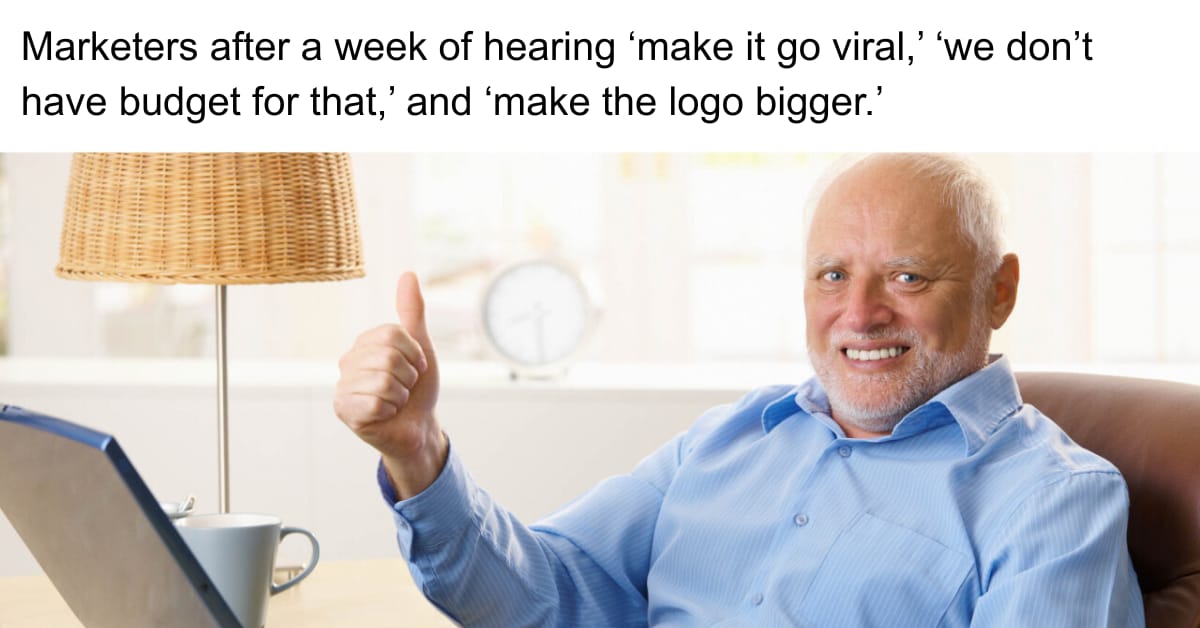- World Population Review Newsletter
- Posts
- Mind Over Medicine: Mental Wealth Is Rising Fast
Mind Over Medicine: Mental Wealth Is Rising Fast
Inside the global push to prioritize mental health over sick care.
Greetings, curious mind of modern wellness,
Mental health isn’t just personal anymore—it’s political, economic, and global.
Around the world, governments are racing to treat minds as seriously as bodies. Therapy, mindfulness, and mental resilience are becoming pillars of national policy—not just private practice.
In this edition of Mind Over Medicine, we’ll show you where mental wellness is gaining real ground—and how it could shape your future health, wealth, and peace of mind.
Let’s dive in.
The best marketing ideas come from marketers who live it.
That’s what this newsletter delivers.
The Marketing Millennials is a look inside what’s working right now for other marketers. No theory. No fluff. Just real insights and ideas you can actually use—from marketers who’ve been there, done that, and are sharing the playbook.
Every newsletter is written by Daniel Murray, a marketer obsessed with what goes into great marketing. Expect fresh takes, hot topics, and the kind of stuff you’ll want to steal for your next campaign.
Because marketing shouldn’t feel like guesswork. And you shouldn’t have to dig for the good stuff.
It wasn’t long ago that mental health was cloaked in silence. But now, public awareness has turned into public policy—and the global investment surge is revealing what happens when minds are treated with the same care as bodies.
🌍 The World Health Organization reports that 90% of countries are now integrating mental health into primary healthcare planning.
🇫🇮 Finland has embedded emotional education into schools, starting as early as preschool, reducing adolescent depression rates by 20% in some regions.
🇳🇿 New Zealand’s "Wellbeing Budget" allocates billions not just for GDP growth—but for national mental health, targeting suicide prevention and early intervention programs.
🧠 A fascinating shift: In 2023, mental health accounted for more public health spending than cardiovascular disease in five high-income nations—a first in recorded history.
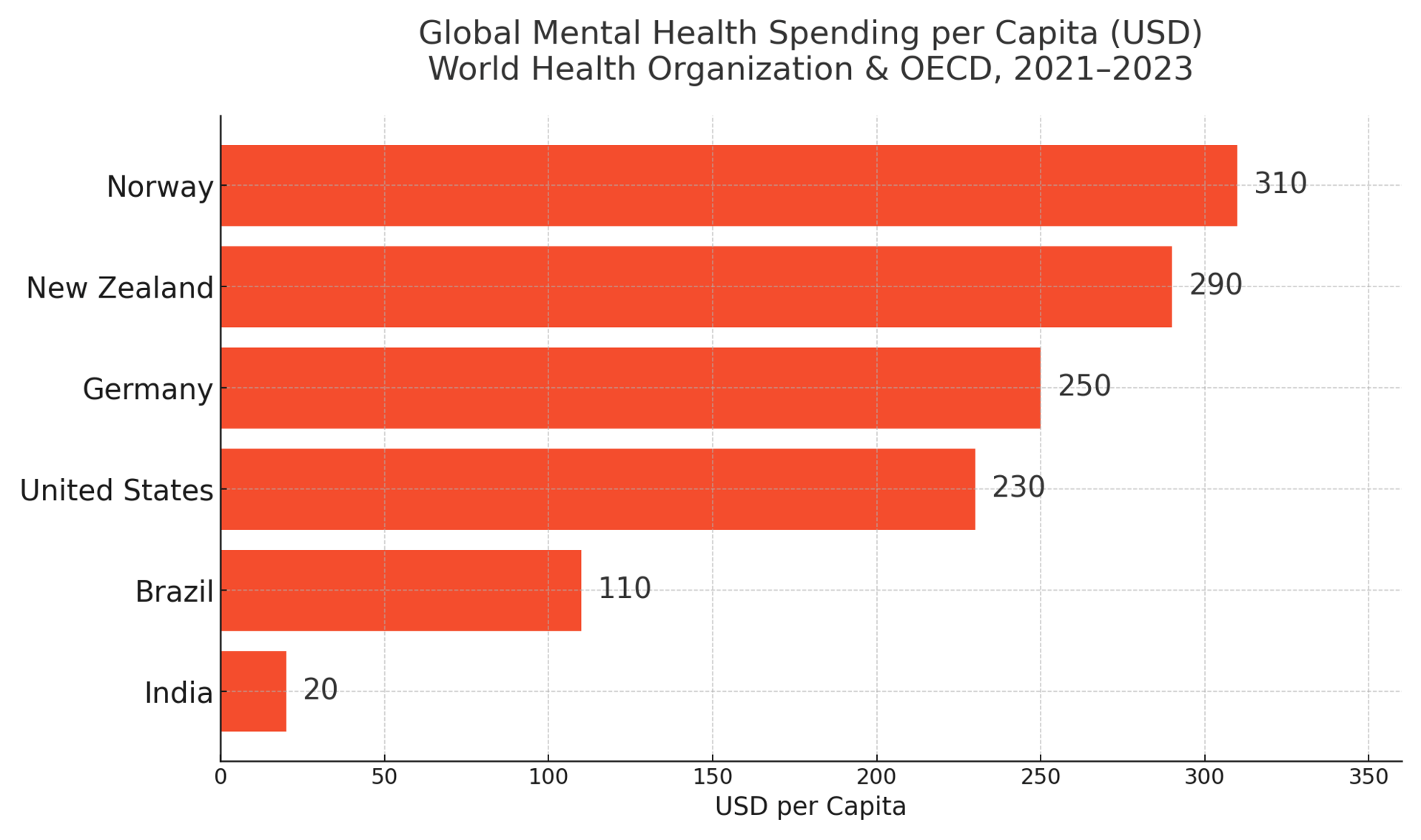
Long known for high happiness rankings, the Nordic nations are doubling down on mental fitness—and it’s not just about therapy sessions.
🇸🇪 Sweden emphasizes work-life balance through mandated vacation policies and flexible schedules, contributing to a 25% lower burnout rate than the EU average.
🇳🇴 Norway blends nature and neuroscience—over 70% of its population engages in friluftsliv, or “open-air life,” which has measurable effects on stress hormones and mood regulation.
🇩🇰 Denmark’s “hygge” culture isn’t just cozy—it’s policy-backed, influencing everything from urban design to elderly care environments.
📊 Curious correlation: A recent Gallup poll revealed that Norwegians who spend 2+ hours in nature weekly report 30% fewer days of poor mental health per year than urban dwellers elsewhere in Europe.
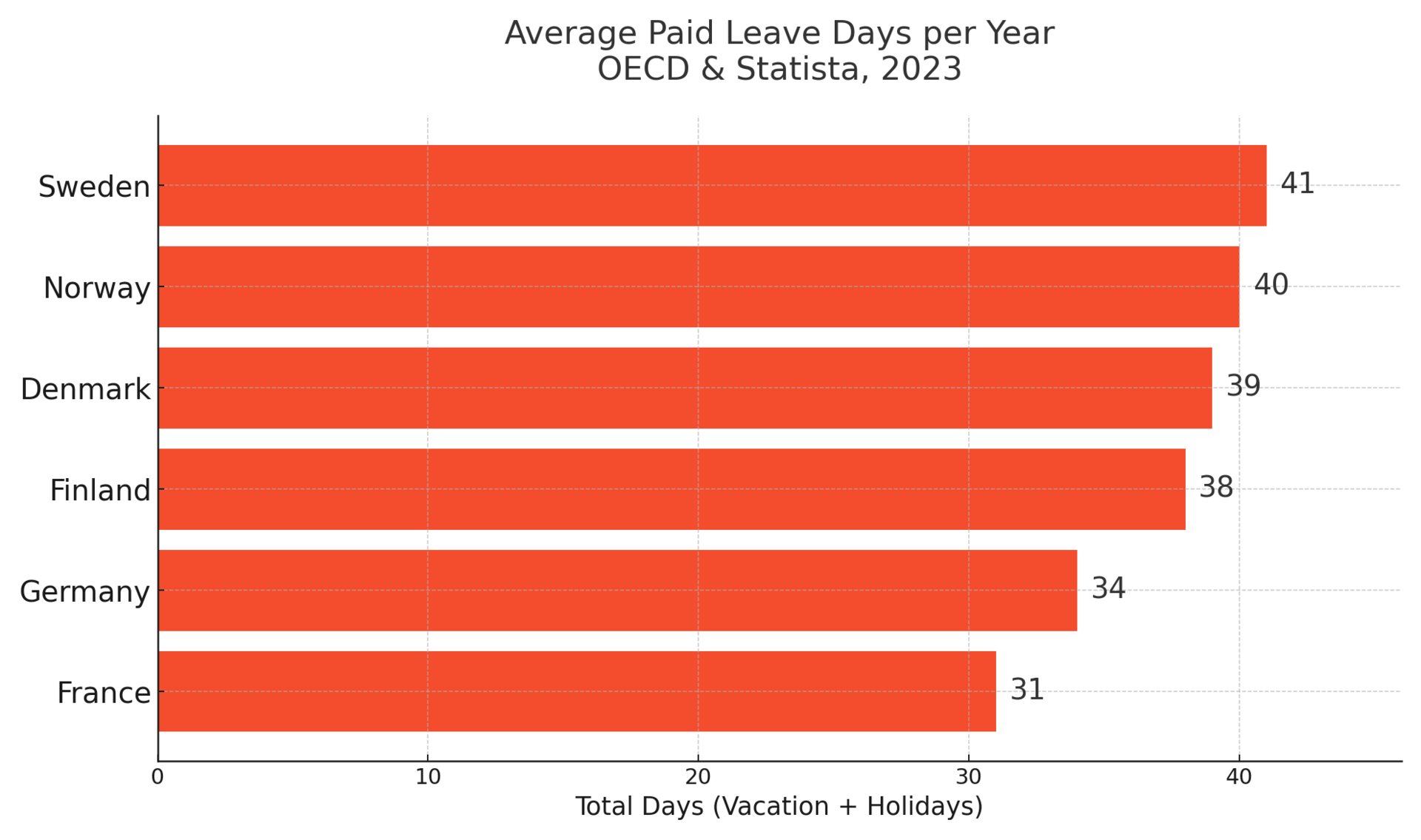
In the United States, rising anxiety, loneliness, and burnout—especially post-COVID—have turned mental health into a national conversation with tangible results.
💼 Employers are expanding benefits: Over 80% of Fortune 500 companies now offer free mental health services, up from 46% in 2018.
📱 The rise of teletherapy has democratized access—apps like BetterHelp and Talkspace saw user bases double in 2020 and remain high.
📚 Universities are investing too: Yale’s “Science of Well-Being” course became the most popular in school history, taken by over 4 million people online.
📈 Standout stat: Mental health spending in the U.S. hit $280 billion in 2024—more than the annual federal education budget.

The best marketing ideas come from marketers who live it. That’s what The Marketing Millennials delivers: real insights, fresh takes, and no fluff. Written by Daniel Murray, a marketer who knows what works, this newsletter cuts through the noise so you can stop guessing and start winning. Subscribe and level up your marketing game.
The intersection of AI, big data, and mindfulness is birthing a new frontier: digital mental health. But is it effective?
📱 AI-driven chatbots like Woebot and Wysa now serve millions, offering CBT-based support around the clock.
🌐 Singapore has launched “Mindline,” a government-sponsored platform blending mood trackers, personalized recommendations, and AI coaches.
🧘 Meditation apps are booming—Headspace, Calm, and Insight Timer collectively surpassed 500 million downloads worldwide.
⚠️ Unexpected twist: A 2023 meta-analysis found that while meditation apps reduce stress in the short term, overuse can increase dependency and delay in-person care when needed.
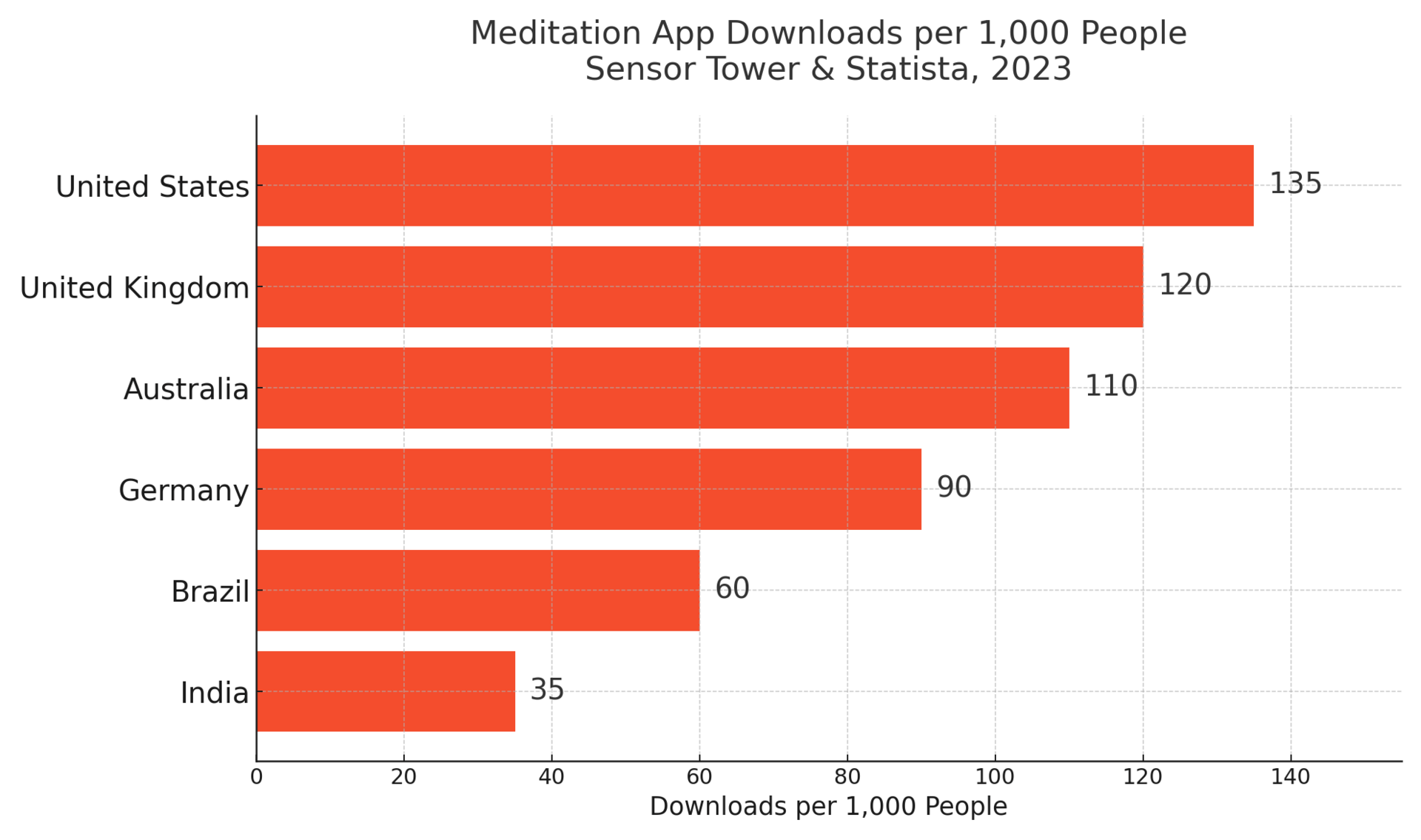
While awareness is rising, many Asian nations are grappling with cultural stigma, limited access, and policy lags.
🇯🇵 Japan’s work culture has led to high rates of depression and suicide—but change is underway. National campaigns now promote “kokoro no kenko” (mental wellness), and some companies are piloting 4-day workweeks.
🇰🇷 South Korea has among the highest youth suicide rates in the OECD, prompting major reforms, including mandatory mental health screenings in schools.
🇮🇳 India faces a staggering shortage of mental health professionals—just one psychiatrist per 100,000 people—but new initiatives aim to train 30,000 mental health workers by 2027.
💡 Did you know? In South Korea, searches for “therapy” surged 280% from 2019 to 2024—reflecting a cultural shift toward openness, despite ongoing taboos.
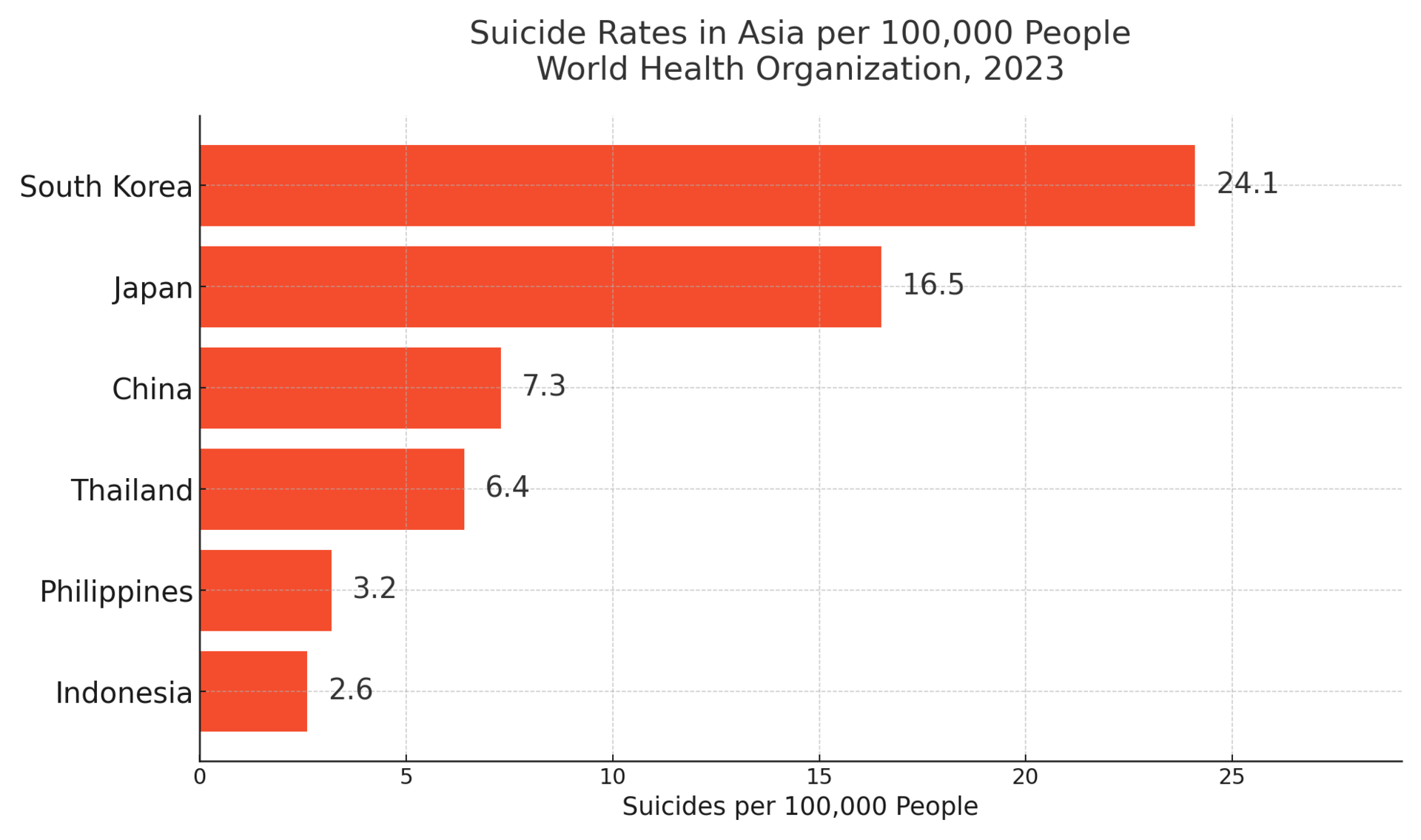
In Latin America, grassroots efforts are reshaping how mental health is delivered—often with creativity and community at the core.
🇧🇷 Brazil’s CAPS system (Psychosocial Care Centers) brings mental health support directly into neighborhoods—often replacing institutional care with local engagement.
🇨🇱 Chile is pioneering school-based mindfulness programs that integrate social-emotional learning into public education.
🇨🇴 Colombia has turned its post-conflict reconciliation into a mental health initiative, using narrative therapy to support trauma healing at scale.
🎭 Unexpected solution: In Argentina, psychoanalysis remains so embedded in the culture that Buenos Aires has the most therapists per capita in the world—over 198 per 100,000 residents.
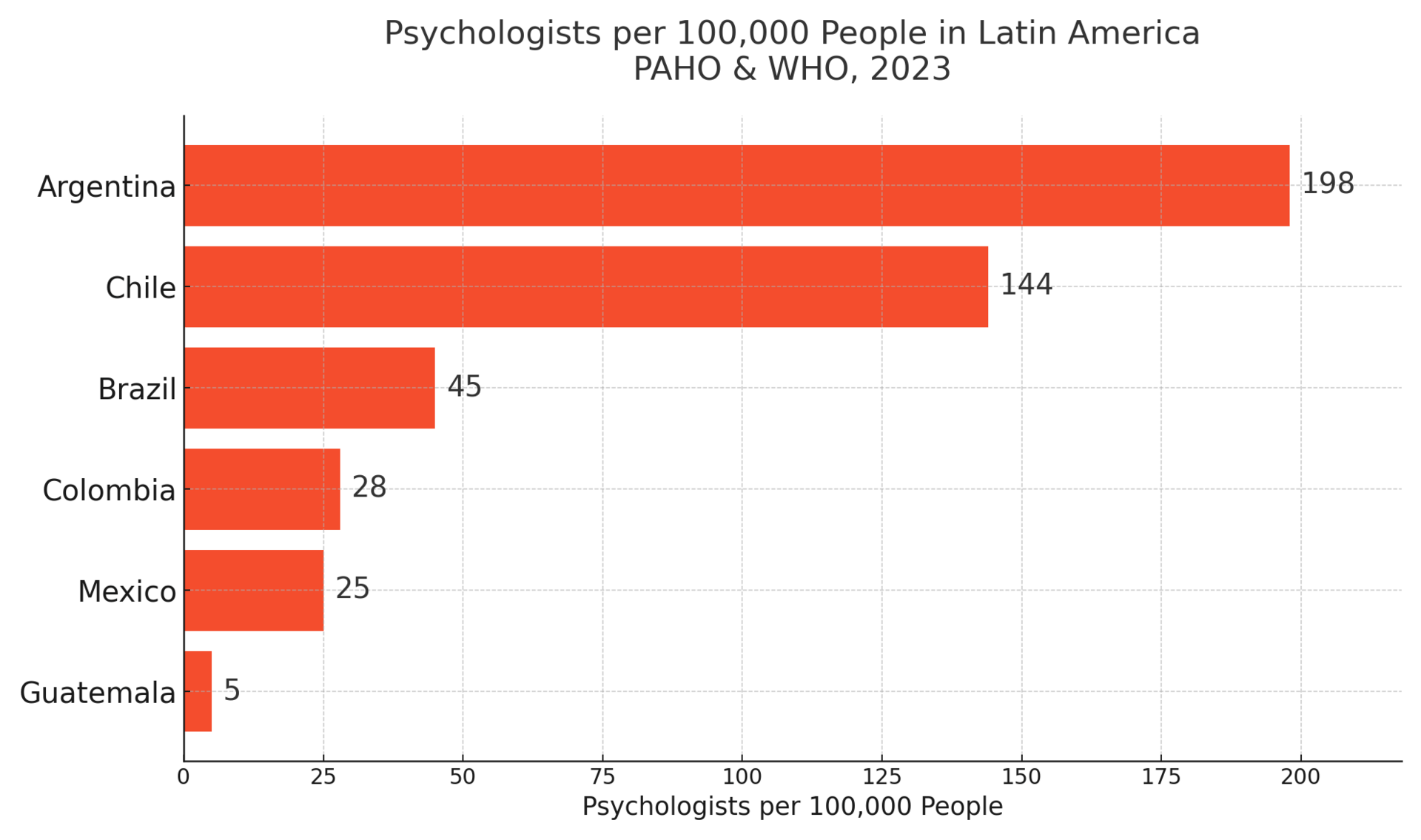
As global demand for mental well-being grows, the future of care is becoming decentralized, preventive, and deeply integrated into public life.
🏥 More countries are adopting “mental health parity” laws, ensuring insurance coverage equals that of physical conditions.
🔬 Neurotechnology is advancing fast—wearables now measure mood, and startups are developing non-invasive brain stimulation to treat depression.
💬 Global attitudes are softening: A 2025 Pew survey found that 72% of people across 15 countries now believe mental health is as important as physical health—a 20% rise in just five years.
🚀 Fascinating forecast: The global mental health economy is projected to exceed $1 trillion by 2030—outpacing growth in the fitness and pharmaceutical industries combined.
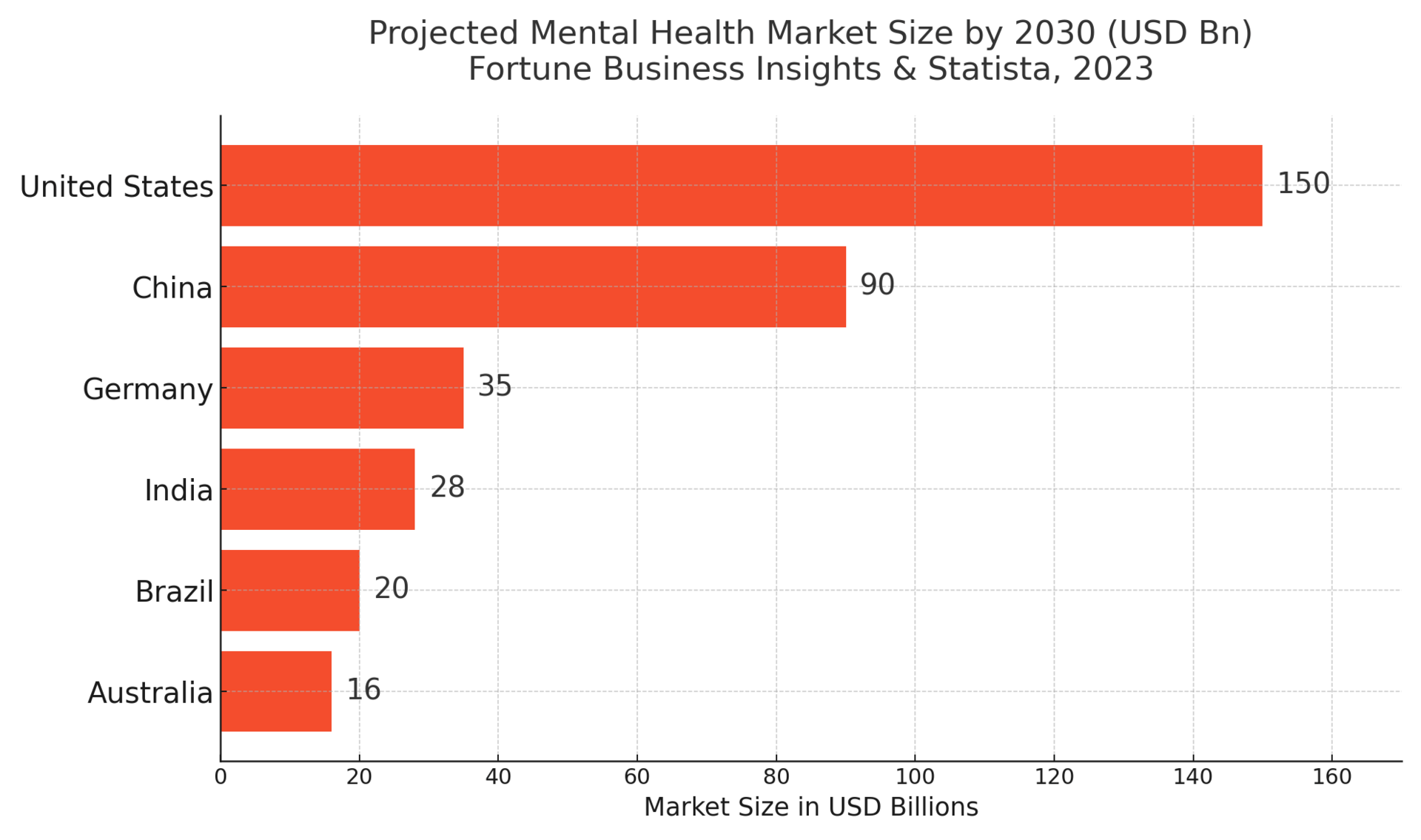
The world is anxious—but it’s also awakening.
Mental wellness is no longer an afterthought. It’s becoming the metric for modern prosperity—and a deciding factor in where people live, work, and thrive.
To stay ahead, follow the countries rewriting the rules of health. Because those investing in mental strength today may shape the future of global well-being tomorrow.
Until next time—stay sharp, stay grounded, and take good care of your greatest asset: your mind.
Warm regards,
Shane Fulmer
Founder, WorldPopulationReview.com
P.S. Want to sponsor this newsletter? Reach 137,000+ global-minded readers — click here!

